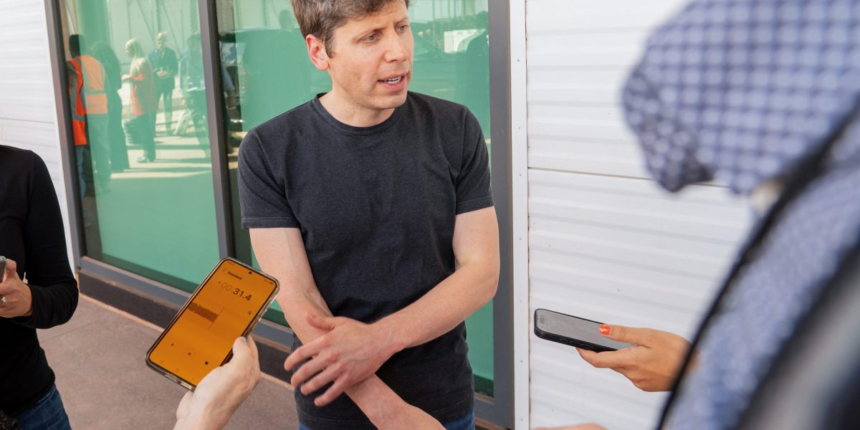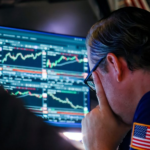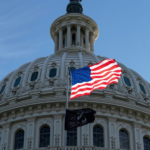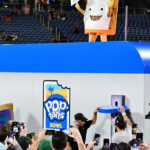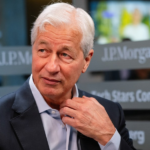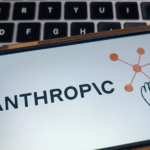Current and former OpenAI employees sold $6.6 billion in shares to a group of investors, pushing the privately held artificial intelligence company’s valuation to $500 billion, according to a source with knowledge of the deal who was not authorized to discuss it publicly.
But with the San Francisco-based company not yet turning a profit, it could also amplify concerns about an AI bubble if the generative AI products made by OpenAI and its competitors don’t meet the expectations of investors pouring billions of dollars into research and development.
“Between the ten years we’ve already been operating and the many decades ahead of us, there will be booms and busts,” Altman said after being asked about a bubble. “People will overinvest and lose money, and underinvest and lose a lot of revenue.”
He added that “we’ll make some dumb capital allocations” and there will be short-term ups and downs but that “over the arc that we have to plan over, we are confident that this technology will drive a new wave of unprecedented economic growth,” along with scientific breakthroughs, improvements to quality of life and “new ways to express creativity.”
OpenAI’s for-profit subsidiary, valued at $500 billion, is technically controlled by the board of OpenAI’s nonprofit and both are still bound to pursue the nonprofit’s charitable purpose.
OpenAI’s partnerships with major companies and its plans to change its corporate structure have drawn the scrutiny of regulators, including the attorneys general of California and Delaware, who oversee charitable organizations that operate or are incorporated in their states.
In September, OpenAI announced it had reached a tentative agreement with Microsoft about the future stake of its nonprofit in its for-profit corporation but released few details.
——
AP Philanthropy Writer Thalia Beaty contributed to this report.
———-


